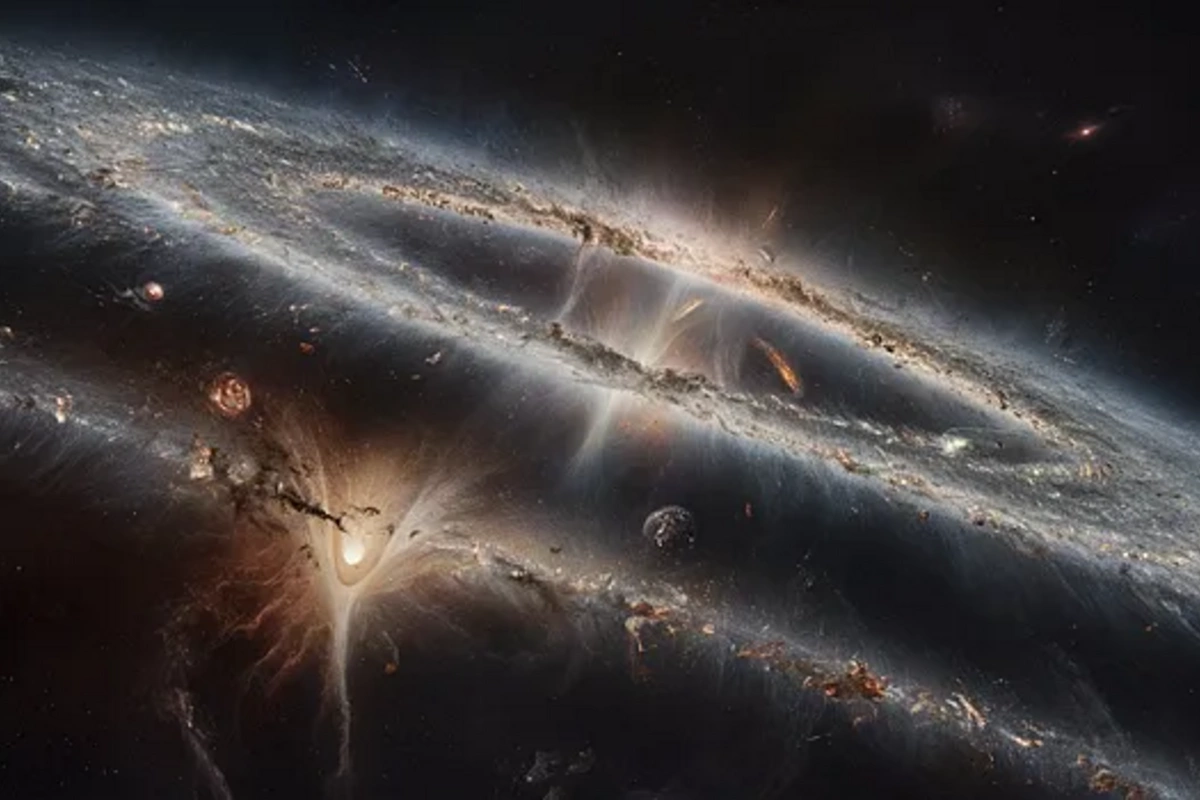The most distant "dead" galaxy in the Universe has been found

The James Webb telescope has made a revolutionary discovery that could completely change our understanding of the evolution of the Universe. Observations have shown that some galaxies stopped star formation significantly earlier than predicted in modern astrophysical models.
An international team of astronomers from the University of Geneva made a sensational discovery - they found the oldest known "dead" galaxy to science. This cosmic object completed the process of star formation just 700 million years after the Big Bang, which contradicts established ideas about the early Universe.
Until recently, the scientific community adhered to the theory that the early Universe was filled predominantly with young, actively developing galaxies. However, the latest data obtained with the Webb telescope is forcing scientists to reconsider this concept. As part of the RUBIES research program, astronomers analyzed hundreds of galaxies and identified a unique object with a redshift of 7.29. This indicator suggests that the galaxy completed its phase of intensive growth and stopped star formation unexpectedly early.
According to modern understanding, a typical galaxy in the early stages of the Universe's development absorbs gas from the surrounding space, transforming it into stars, which ensures its growth. However, over time, this process stops under the influence of factors that still remain a mystery to scientists. Astrophysicists call this phenomenon the "quenching" of star formation. In the modern Universe, approximately half of all galaxies have already gone through this stage and no longer form new stars.
The discovery of the galaxy RUBIES-UDS-QG-z7 calls into question existing theories of galactic structure formation. Computer modeling has demonstrated that this object managed to accumulate a mass equivalent to 10 billion solar masses before star formation ceased, which occurred significantly more rapidly than predicted by modern astrophysical models.
Similar News
Trump reacted to the situation with drones in Poland
US President Donald Trump commented on the situation with Russian drones violating Polish airspace. As reported by BAKU.WS, the American leader wrote about this...




 Azərbaycanca
Azərbaycanca  По-русски
По-русски  English
English 





